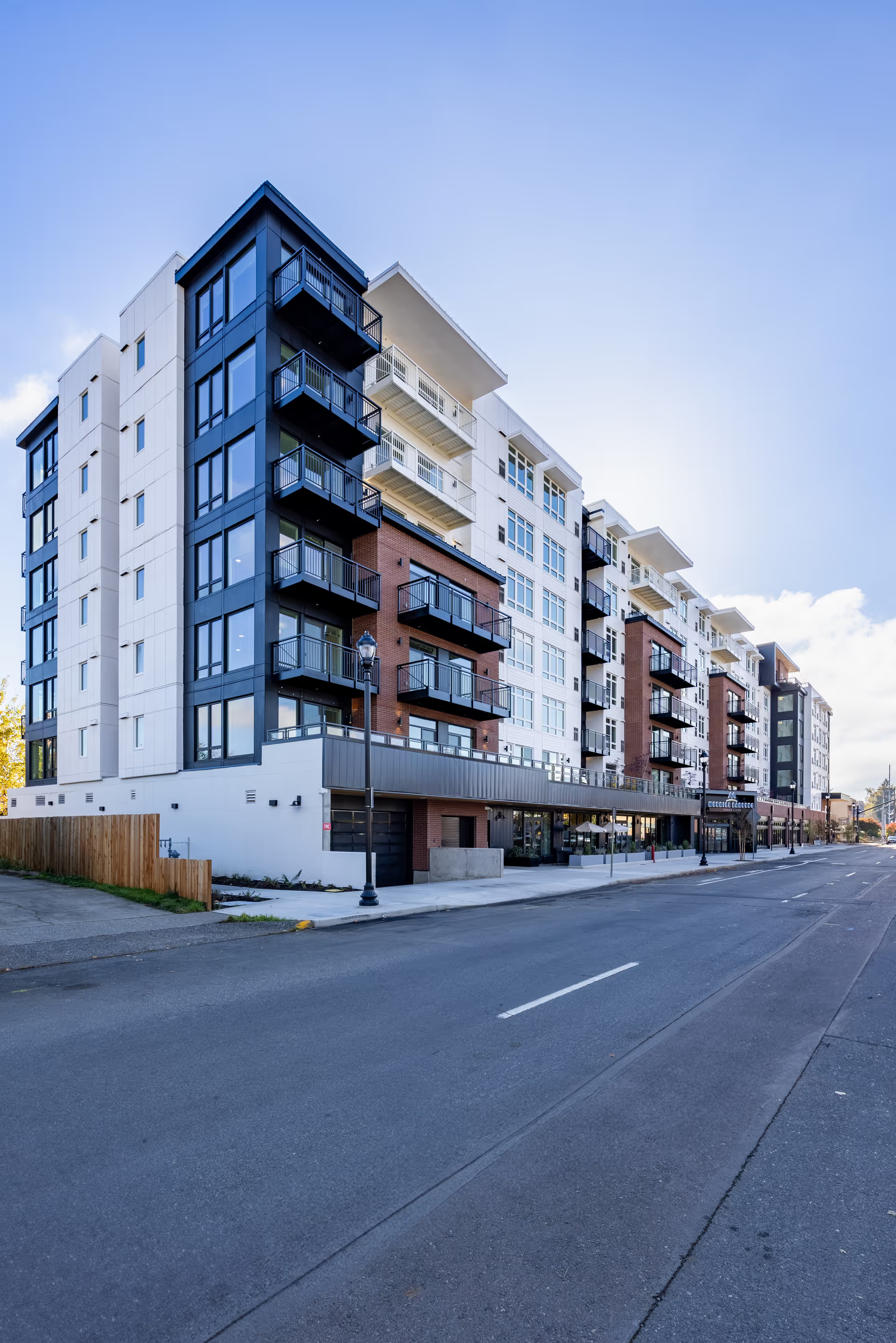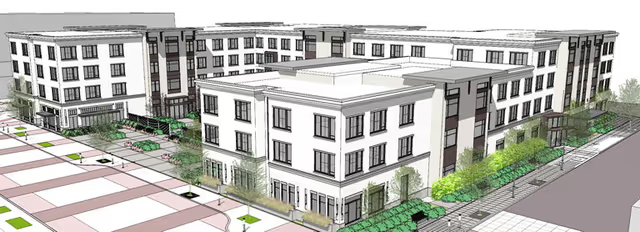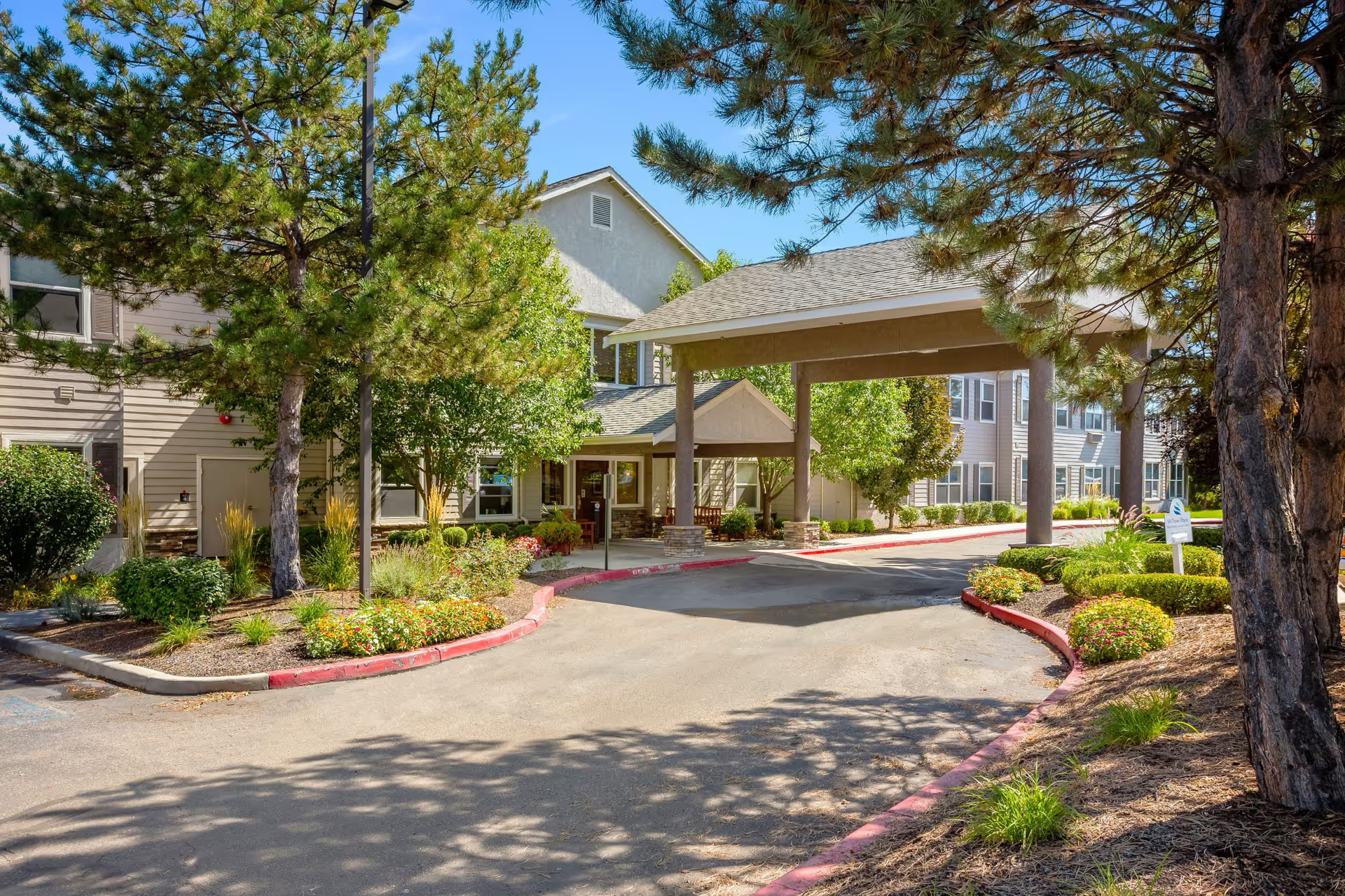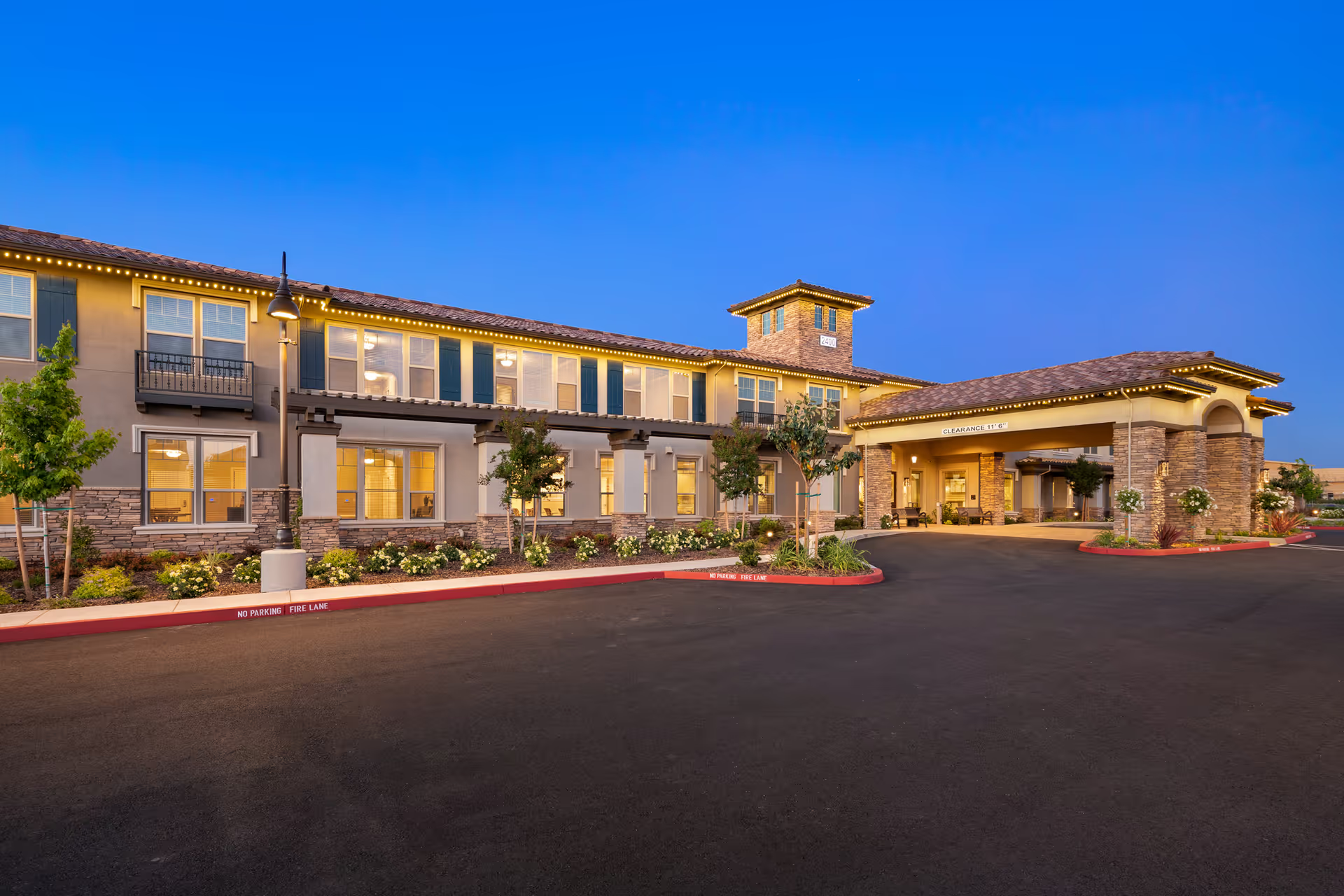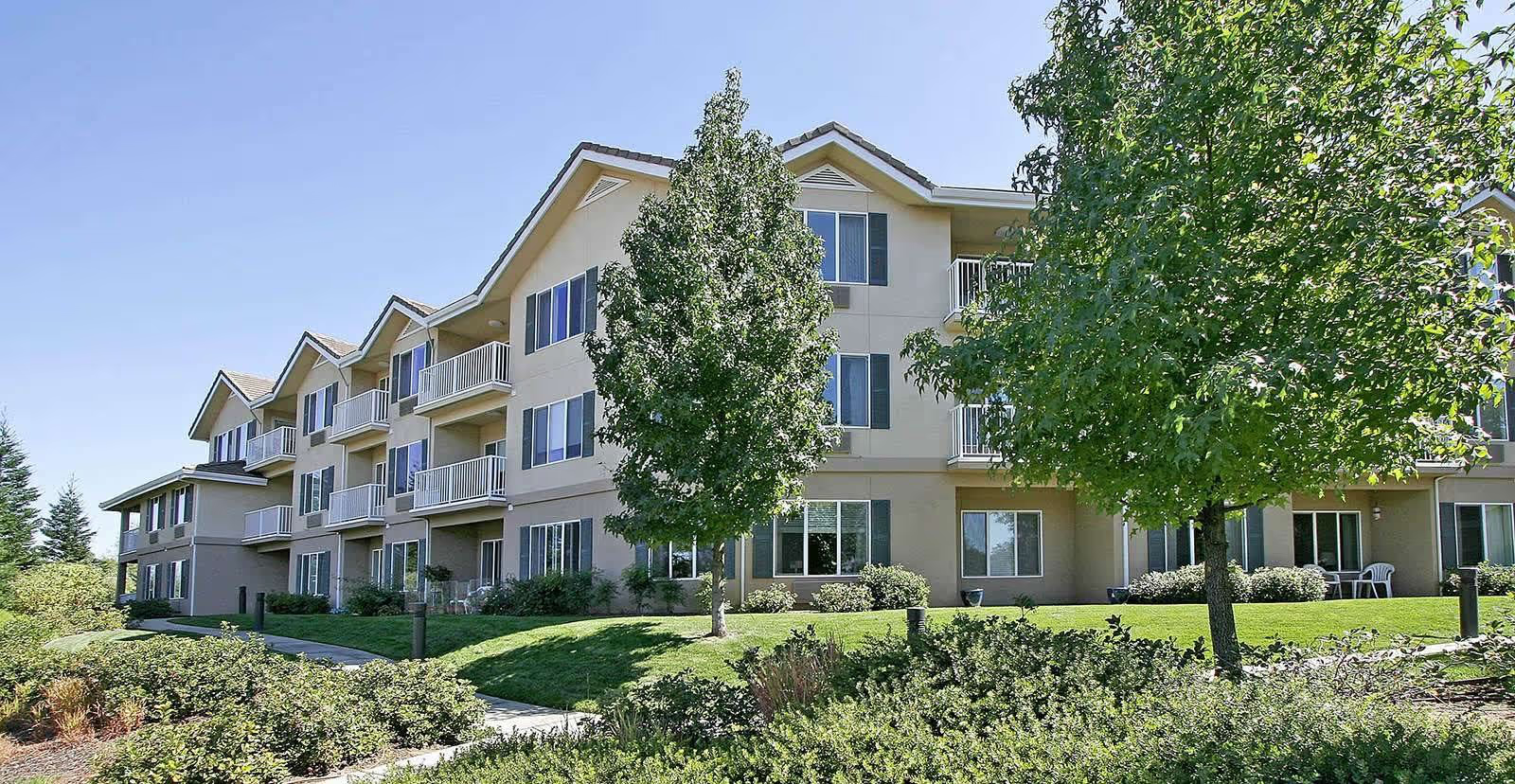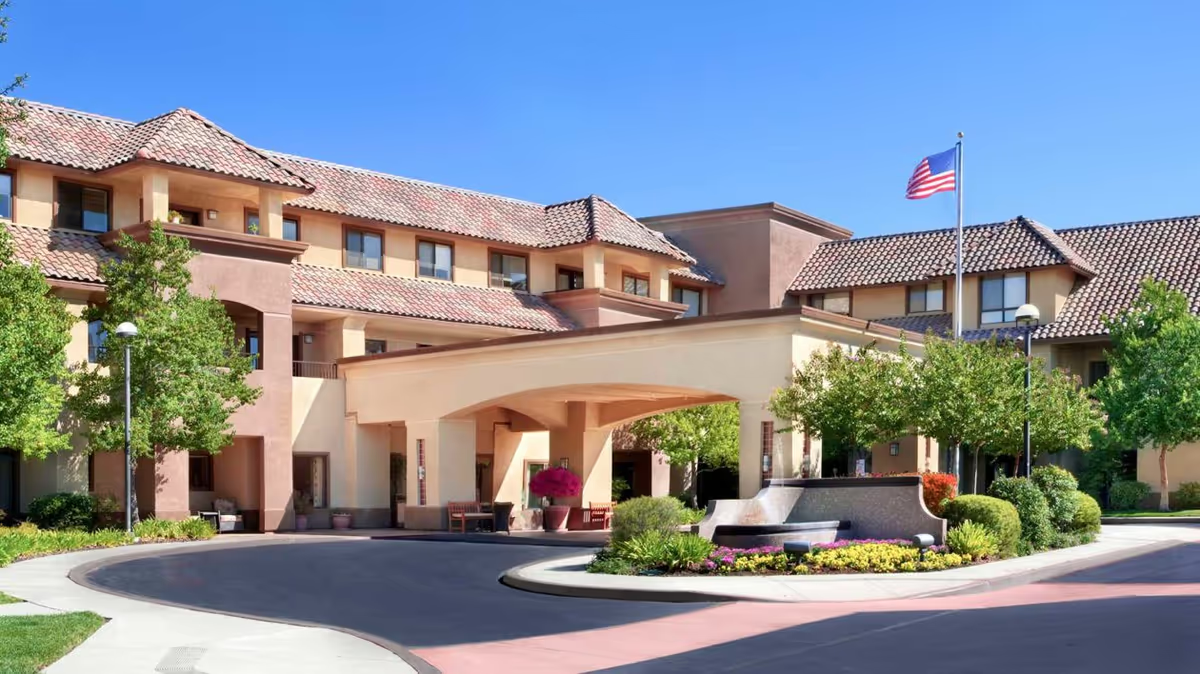Overall sentiment for Brookdale River Valley Tualatin is highly mixed and polarized. Many reviewers highlight warm, caring, and attentive direct-care staff who form strong, personal relationships with residents. These positive accounts frequently mention individual caregivers, nurses, and activities staff by name and credit them with improving residents’ quality of life, encouraging social engagement, and providing peace of mind to families. The community's grounds, outdoor spaces, gardens, and views are repeatedly praised, as are bright, well-lit common areas, multiple gathering spaces, and a homey or resort-like atmosphere. On the amenities side, reviewers commonly cite a robust activities program (art studio, gardening, music, trips, exercise, games), on-site services (housekeeping, laundry, salon), and convenient location close to Meridian Park Hospital and I-5. Many families also appreciate the availability of memory care on-site, month-to-month housing flexibility, and shuttle services for local outings.
Despite these strengths, there are recurring and significant concerns. Dining receives many complaints: food is frequently described as cafeteria-style, bland, sometimes cold, and not matching the appealing menus shown during tours. Maintenance and unit condition are inconsistent — several reviews report dated interiors, shabby rooms, stained drawers, broken closet doors, and other apartment-level cleanliness or repair problems. Housekeeping quality also varies by household: while some families report regular, satisfactory cleaning, others recount infrequent or missed cleanings.
Staffing, management, and operational issues form a major theme of negative reviews. Multiple accounts describe understaffing, high turnover (including executive directors and nursing staff), long call-button response times, and uneven training or supervision. These staffing problems are tied to more serious care concerns in some reviews: missed medications, medication dispensing errors, falls in memory care, and allegations of neglect or disrespect. Communication breakdowns between departments and with families recur — examples include poor post-admissions follow-up, difficulty contacting residents, unreturned calls, and confusion about what services or charges are included. Billing clarity is another pain point: families mention unexpected fees (medication fees, eat-reminder fees, or service plan point systems) and billing mix-ups.
Memory care impressions are particularly mixed and deserve separate emphasis. Several families report a very positive memory care experience: small unit size, high staff-to-resident ratios, engaging and stimulating activities, smooth transitions, and noticeable improvements in residents (weight gain, mental stimulation, stronger relationships with caregivers). Conversely, other reviewers describe the memory care as under-resourced, restrictive, or unsafe — citing falls, hospitalization, poor supervision, and an institutional feel. This divergence suggests inconsistent management or staffing levels across time or shifts, leading to significantly different outcomes for residents.
Other operational matters that appear repeatedly: transportation limits (notably no shuttle service beyond roughly 10 miles, which can complicate trips to VA hospitals), renovation/construction impacts (ongoing upgrades that create torn-up areas), and mixed touring/admissions experiences (some report professional, smooth tours and admissions while others felt pressured or received poor follow-up). There are also scattered serious allegations (theft, elder abuse, deceptive marketing or promises not kept) that, though not universal, underline the importance of family oversight and careful contract review.
In summary, Brookdale River Valley Tualatin offers many genuine strengths — compassionate frontline staff, attractive grounds, active programming, and useful amenities — that make it an excellent fit for many families. However, recurring operational weaknesses (staffing stability and training, dining quality, apartment maintenance, communication, and inconsistent memory care quality) produce a wide range of resident experiences. Prospective families should tour multiple times, ask specific questions about current staffing levels and turnover, request written details on services and fees (including medication management and any point-based service plan), verify housekeeping schedules and maintenance responsiveness, and, if memory care is needed, seek recent references and staffing ratios for that unit. These steps will help determine whether the community currently delivers the consistently high standard reported by many reviewers or if the risks highlighted by others are present at the time of inquiry.
